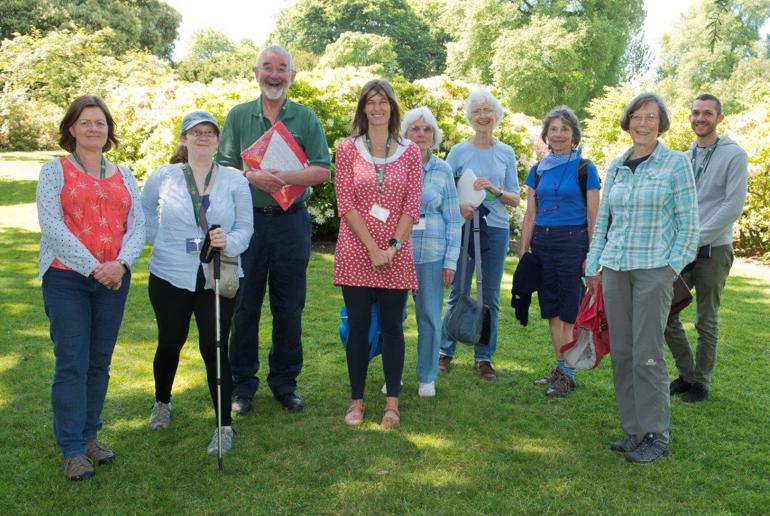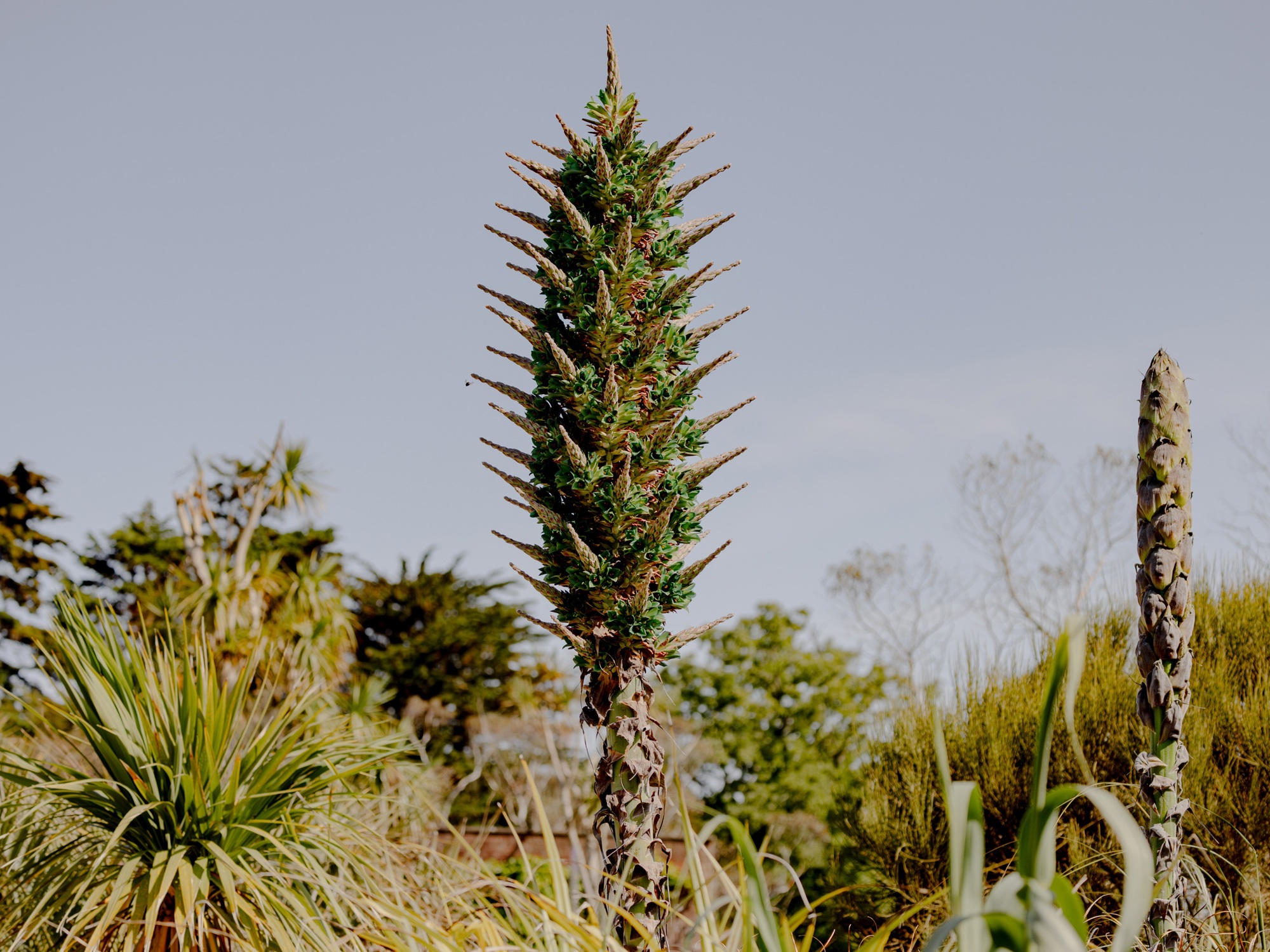Earlier flowering and other indications of the impact of climate change on plants is being closely monitored by scientists and volunteers at the Royal Botanic Garden Edinburgh (RBGE), who are marking 20 years of partnership in phenology, the study of recurring seasonal phenomena, such as flowering and leaf-fall.
As world leaders prepare to gather in Montreal, Canada for the UN Biodiversity Conference (COP15) from December 7-19, one of the world's leading authorities in plant research and conservation, RBGE is monitoring the annual life cycle of over 150 species of plants at its four Gardens - Edinburgh at Inverleith, Benmore in Argyll, Dawyck in the Scottish Borders and Logan in Dumfries & Galloway - to enhance understanding of how they respond to climate.
Phenological research at RBGE actually dates back to the 1850s, when Curator, James McNab first recorded the flowering dates of more than 60 plant species. Sporadic historical flowering records also exist for the early 20th century and they are held in the RBGE's archives.
However, new inroads in research have been made since the current phenology programme was started in 2002. With the help of a team of dedicated volunteers, the initiation and duration of flowering and leaf development for over 150 species is recorded. Over time the data will increase understanding of how plants respond to climate, what climatic parameters they are sensitive to and whether climate change leads to alterations in their annual life cycle.

Image: James McNab, Head Gardener at the Royal Botanic Garden Edinburgh between 1849 and his death in 1878
Dr Antje Ahrends explained: "Changes in the annual life cycle of plants can have profound consequences for ecological processes, forestry, agriculture, food security, and the global economy. I am very grateful to our dedicated team of volunteers who have undertaken weekly phenology recording over many years. Long-term data collected by the same observers is invaluable for understanding the impact of climate change on vegetation.''
RBGE's phenology projects also contribute to a Europe wide network of gardens, who undertake standardised recording of selected tree and shrub species. The plants are all clones and planted in relatively similar surroundings to ensure maximum comparability across the large-scale study.
Since 2007, the phenology of around 50 Rhododendron species is being monitored and the focus is on first and peak flowering dates, leaf development and fruiting. Such data from many closely related species provide critical information about the ability of plants to adjust their life cycles in response to environmental cues.
Christine Thompson, one of the RBGE phenology volunteers, said: "We have observed that spring-flowering rhododendrons are fully sensitive to temperature changes. At the Inverleith Garden they change their flowering date by almost 10 days for every degree change in average temperature in the month before flowering. This "plastic" behaviour may help them to cope with moderate climate-change effects. However, it may also make them more vulnerable to late frosts and other climatic extremes in their places of origin, such as high-mountain habitats in the Alps and Himalayas."
Biodiversity Minister Lorna Slater said: “The nature and climate crises are interlinked, and must be tackled together. Understanding how plants respond to our changing climate is now more important than ever, in helping us restore and protect our natural environment for the future.
“As the UN Biodiversity Conference, COP15, approaches countries across the world have a crucial opportunity to come together and take urgent action for nature. In Scotland we will shortly publish a new biodiversity strategy that will set out how we aim to halt nature loss by 2030, and reverse it by 2045.
“I am thankful to the volunteers and staff at The Royal Botanic Garden Edinburgh – their valuable research will be a vital part of helping us achieve that goal.”

Image: RBGE's Phenology volunteers

